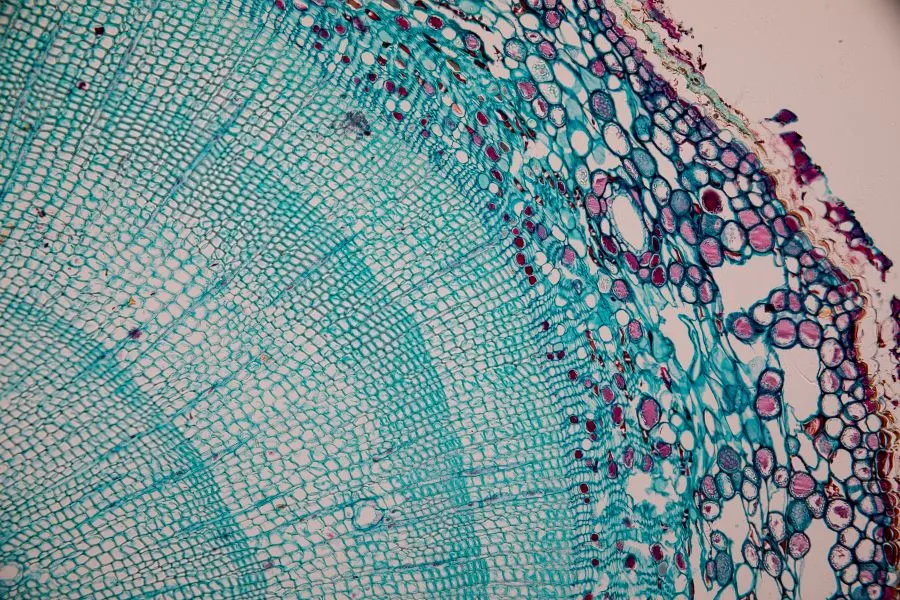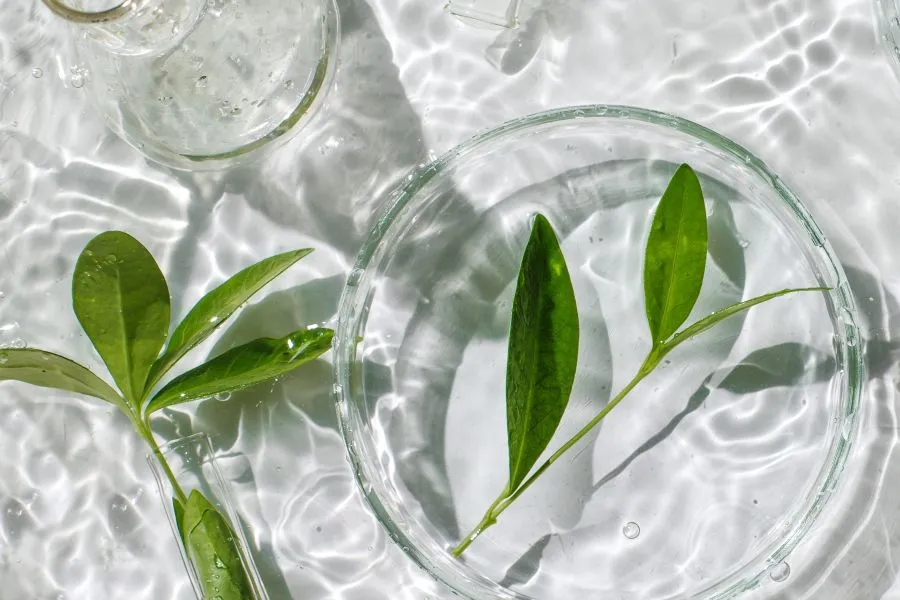Vytrus Biotech: Why plant stem cells are transforming skin care innovation
Key takeaways
- Biotechnology enables the production of sustainable, high-purity cosmetic ingredients by producing plant actives without harming ecosystems.
- Functional biotechnology is shaping skin care with mechanisms that train skin biology, enhance microbiome protection, and boost natural functions.
- Vytrus Biotech emphasizes transparency, regulatory compliance, and environmental responsibility as biotechnology transforms the beauty industry.

Plants provide a plethora of valuable ingredients for personal care applications, but traditional mass cultivation threatens the environment and deters consumer interest. Biotechnology is offering a solution to harness the full potential of plant actives without bulldozing ecosystems or threatening biodiversity.
Through plant stem cell technology, the most valuable bioactive compounds of any plant species can be reproduced in a lab, starting from a single cell — without harvesting or cultivating entire crops.
Vytrus Biotech tells Personal Care Insights that biotechnology is redefining how it understands and designs cosmetic actives.
“The approach not only ensures ingredient purity, safety, and traceability, but also enables access to rare or endangered plant species without threatening biodiversity. It represents a major step forward in efficiency, innovation, and sustainability compared to traditional extraction methods,” says a spokesperson from Vytrus Biotech.
Trend within trend spotting
The natural active ingredients company flags that the beauty industry is entering an era of “functional biotechnology.” The spokesperson says this means that actives are not only designed to protect or repair, but also train the skin’s own biology.
 Plant stem cells power sustainable skin care. “Concepts like fasting-mimicking mechanisms, which activate cellular detoxification and longevity, or microbiota-mediated photoprotection, where we enhance the skin microbiome’s defense against UV damage, are redefining skin care science.”
Plant stem cells power sustainable skin care. “Concepts like fasting-mimicking mechanisms, which activate cellular detoxification and longevity, or microbiota-mediated photoprotection, where we enhance the skin microbiome’s defense against UV damage, are redefining skin care science.”
Vytrus Biotech also calls attention to the use of plant exosomes. These natural extracellular vesicles serve as biological communicators, enabling the targeted delivery of bioactive compounds, such as biopeptides or resveratrol. The company spokesperson says plant exosomes offer a new level of efficacy and precision in skin treatments.
Another frontier for biotechnology in personal care is promoting natural vitamin D synthesis and improving the skin’s light management system for a more radiant and healthy complexion, according to Vytrus Biotech.
“The next generation of biotech ingredients will focus on biological intelligence — enhancing skin self-regulation and resilience,” says the spokesperson.
Regulatory and consumer understanding
Consumers want products that are natural and responsible. Vytrus Biotech says biotech beauty bridges that gap by offering ingredients that originate from nature but are produced through clean, science-based methods that protect the planet.
“Transparency and education are key. We work with brands to communicate how plant stem cell biotechnology replicates the plant’s natural essence without harming the environment. The message is simple — biotechnology enables more nature with less impact.”
However, the challenge with biotech personal care ingredients making it onto the market lies in harmonizing global regulations and consumer understanding.
Biotech-derived ingredients must meet the same safety and efficacy standards as any cosmetic ingredient, but their non-conventional origin sometimes requires additional documentation or clarification for regulatory bodies.
“Transparency, scientific validation, and traceability are fundamental to overcoming these hurdles. At Vytrus, we maintain close collaboration with our partners and regulators to ensure all processes meet the highest ethical, quality, and safety standards,” says the company. Biotech helps unlock the plant world’s potential for personal care products.
Biotech helps unlock the plant world’s potential for personal care products.
Respecting the environment
Vytrus Biotech’s biotechnological production processes reduce land and water use by up to 99% and eliminate the need for agricultural cultivation or deforestation.
In 2024, its processes saved over 64,000 metric tons of water compared to conventional plant extraction. By cultivating plant cells in controlled environments it minimizes waste, energy consumption, and CO2 emissions while preserving natural ecosystems.
“This approach allows us to contribute actively to the beauty sector’s sustainability transformation,” explains the spokesperson.
Vytrus Biotech aims to generate a positive impact on people and nature through biotechnology. It has aligned with the UN Global Compact and structured its ESG roadmap around environmental, social, and governance commitments.
“Biotechnology gives us the tools to respect nature while unlocking its full potential,” the spokesperson concludes.













